The MMO industry can be pretty cyclical. One year, you’re up and firing away at full strength; the next year, you’re struggling to hold on to your players and still carve out a notable space in the genre. It’s a real problem, and one that some of the games in the industry have worked hard to overcome as the days, weeks, and months have gone by.
Of course, the good news for this year is that there are plenty of games that either kept turning out solid material or at least didn’t make a huge misstep along the way. The bad news is that more than a few games never really capitalized on momentum… or never generated much to begin with. But enough abstraction, let’s talk about the good, the bad, and the ugly. Er, the future.
2016’s big winners
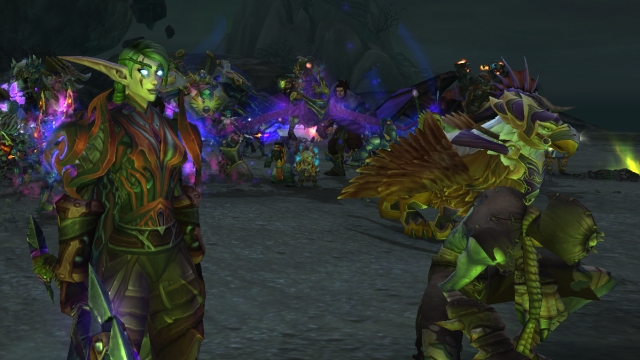
1. World of Warcraft
In last year’s evaluation, the hideously long wait for WoW‘s sixth expansion and the lackluster nature of Warlords of Draenor was doing the game absolutely no favors. Now, however… well, it’d be a lie to say that Legion doesn’t have issues, but pretty much everyone with even casual interest in the game has been breathing sighs of relief. Legion even reassured the most jaded portions of the audience that yes, Legion is actually good. It took half of forever and has some questionable design baked in, but the core game is still good.
More importantly, the expansion seems to have come with an associated fire and forward motion for the title, so players are enjoying faster updates and more energized content. This is all a good thing. Sure, the game is no longer the dominant force in the industry that it once was, but it’s still the biggest game on the market, and seeing resources and energy in the game once more keeps interest high.
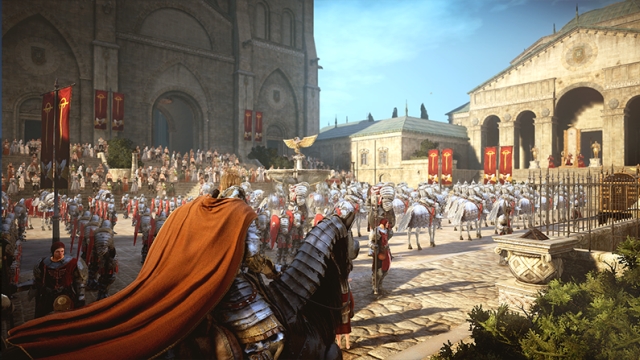
2. Black Desert Online
Last year’s ArcheAge was supposed to be the great white hope of imported Korean MMOs, but it failed to materialize. This year, however, Black Desert Online showed up and kind of surprised everyone by not just doing all right but actually growing its player base with some regularity. It helps that the game has been out in Korea for some time and has a backlog of updates to work through, but it’s also just a buy-to-play game that’s been doing quite well for itself ever since it launched.
Whether or not that will persist as we move into the next year remains to be seen; there are certainly some troubling signs on the horizon, and as always accusations fly fast and furious that the game lets you just pay to win. But it still has people’s attention, and that’s not nothing.
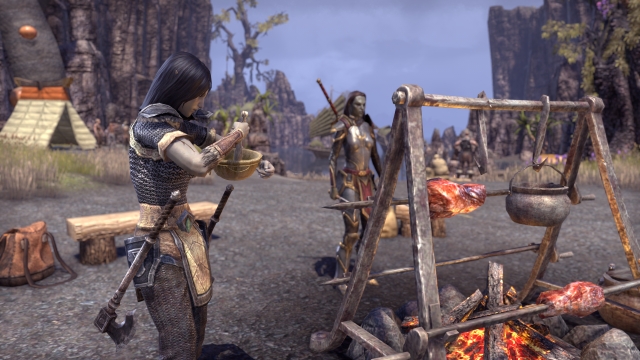
3. The Elder Scrolls Online
The past year has been pretty kind to Bethesda all around, but fans of the Elder Scrolls series might have felt a bit burned at the lack of a new title. The Elder Scrolls Online stepped up to the plate, though, and its One Tamriel update has done journeyman a service and at least made the game play more like its offline inspiration. Add in rumbles of player housing, and there’s reason for players to look forward with a nod and anticipation.
2016’s big losers
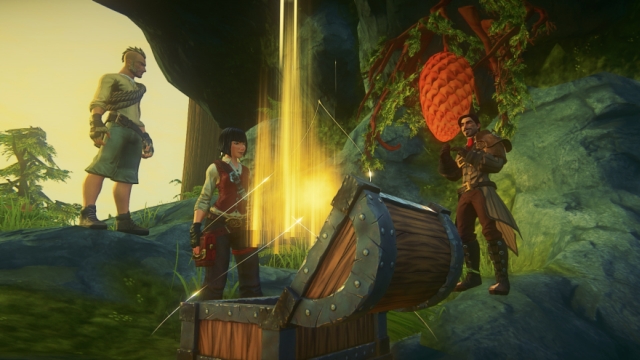
1. Daybreak Games (and EverQuest fans)
It feels like more than a year ago that EverQuest Next was actually canceled, but it was in fact this year; the reason it feels like it was longer is because everyone spent 2015 waiting for that news. When the bad news finally came, Daybreak revealed that it was replacing that big title with… nothing. No other major titles that have yet been announced, not much more beyond a rather lackluster launch for Landmark (which was originally supposed to be a content creation tool for EverQuest Next). In short, it’s a bad scene.
That’s not to say that the company’s existing titles haven’t gotten anything worth excitement, but the big loss has been followed by very little to reassure nervous players and not much in the way of subsequent big announcements. That’s bad news for fans and the company itself; it’s coasting along for now, but it remains to be seen if it can recapture some momentum.
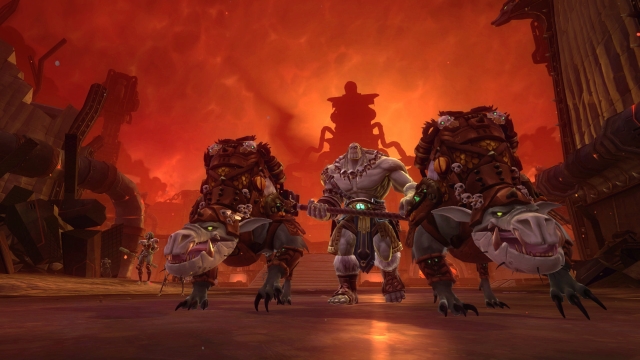
2. WildStar
A transition to free-to-play seemed like exactly the sort of thing that could help pull WildStar out of the hole it found itself in… but it didn’t. As it turns out, the game has continued to struggle at attracting a committed long-term audience while also struggling to get out new content at anything resembling a decent pace. That, of course, leads to fewer players jumping in, which makes it still harder to justify more updates, and so on.
The hidden downside here, of course, is that the free-to-play trigger was pretty much the last one the game had to pull. If the game is going to pull out of its nosedive and recover some popularity, it’s running out of ways to do so while also attracting attention.
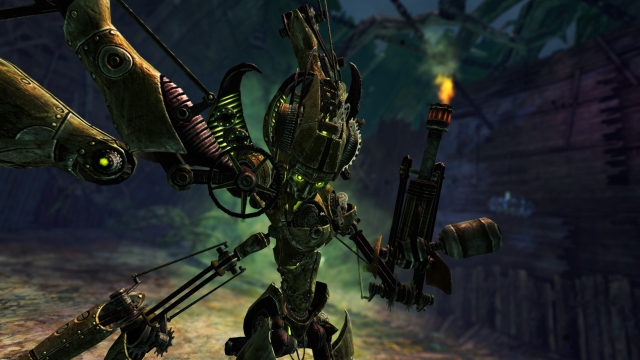
3. Guild Wars 2
Last year was a pretty good one for Guild Wars 2, but this one was not. It was a year marked by a whole lot of stretches without anything for the game in fact, and several of its updates seemed aimed at a playerbase the game simply didn’t have (most of the people really interested in progression raiding had either long since left the game or never played it in the first place). Combine that with long content gaps, and the return of actual story updates, it was all seen less as a return to form and more of something, anything to latch on to.
If anything, this is a lesson in how to not capitalize properly on the momentum of a game. Instead of playing off of the existing success, GW2 spent most of the year languishing when it didn’t need to. That’s not a good thing and not something that needed to happen.
The big stuff for 2017
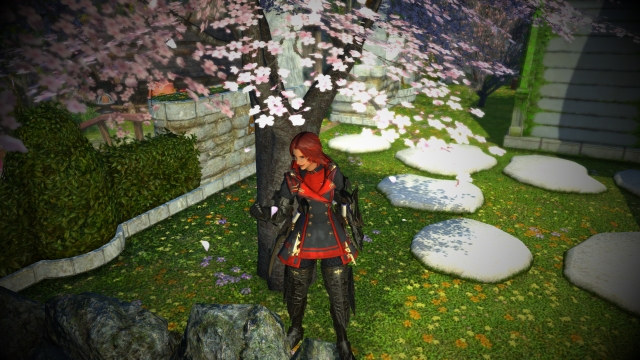
1. Big games with momentum
While Guild Wars 2 let its momentum flag and falter, several other games have really hit their stride. World of Warcraft and Star Wars: The Old Republic have been continuing to glide along nicely on a very thoroughly outlined update plan. Final Fantasy XIV continues to put out large and reliable patches, with its second expansion due for mid-year 2017. EVE Online has opened itself up to free players, The Elder Scrolls Online is enjoying positive reception to its last few updates, and even games like The Division are delighting and engaging.
MMOs are marathons, not sprints. If the existing big titles can keep players engaged and interested, that will do a lot for the health of the genre as a whole… and help inspire the entries of the future.
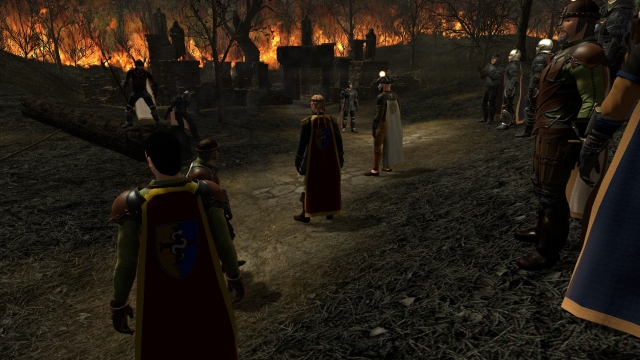
2. That Kickstarter movement
We still haven’t seen most of these titles actually enter any sort of launch states; Star Citizen was supposed to be further along than it is now, but that’s true almost every single year. Still, games like Shroud of the Avatar and Crowfall are both gearing up to hit big persistence and launch-like milestones in 2017, and that’s going to have a big impact on how MMOs and funding them by Kickstarter is seen in the years ahead.
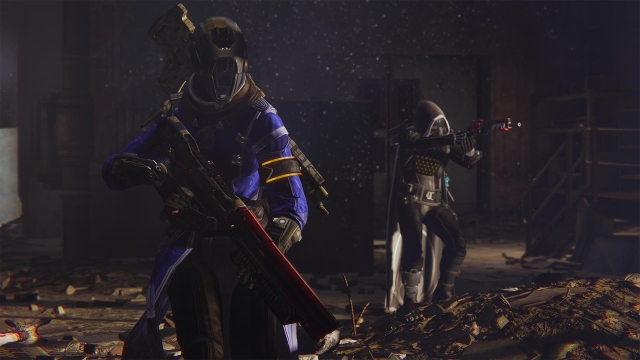
3. Destiny 2 and the next big project
Who knows what’s going on with Destiny 2? Bungie, probably, but not much of anyone else. But it’s going to be a big deal when it’s announced. We’ve had a couple of years since the announcement of the first game, but that just means that we’re that much more likely to see another big online project move into that space in the next year or so. Something other than the existing big titles capitalizing off of their momentum.
Will it be Destiny 2? Will it be something else entirely? I don’t know. But I’m sure watching.

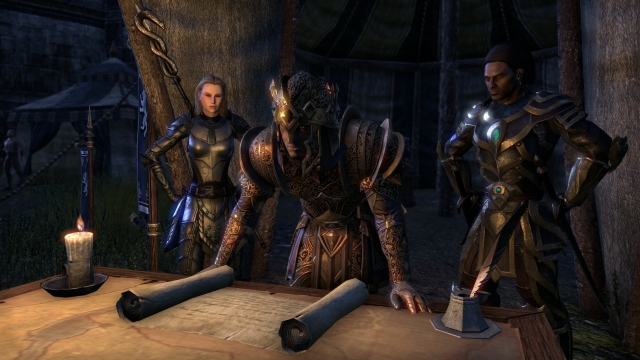





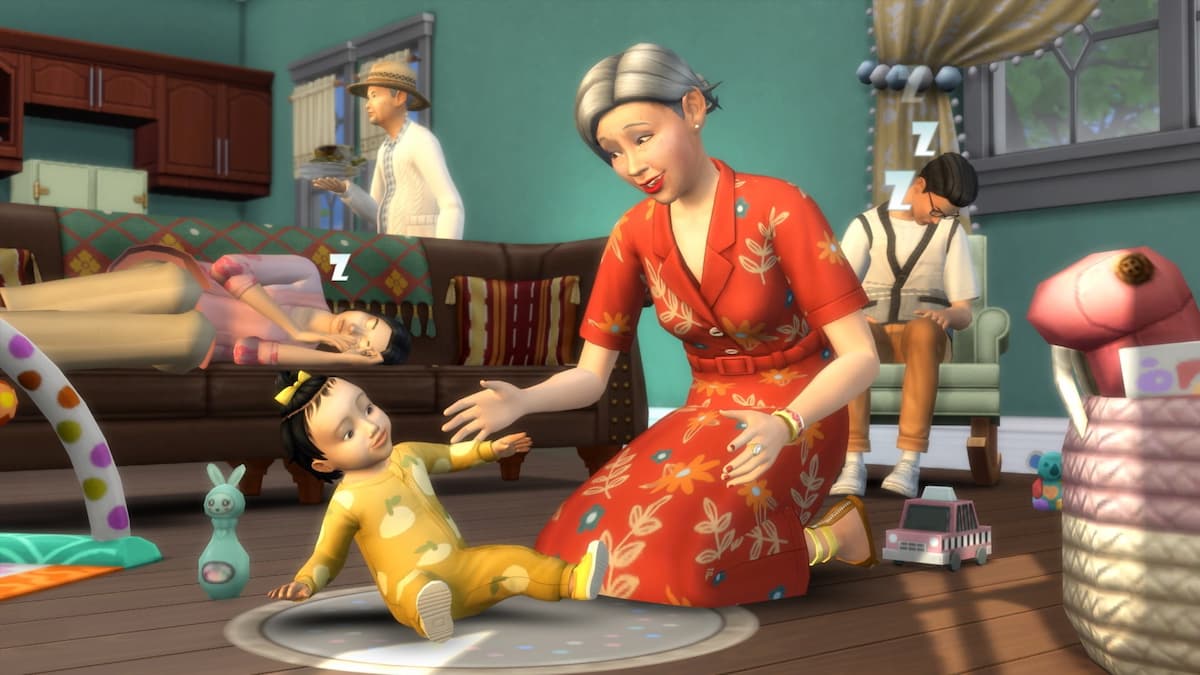
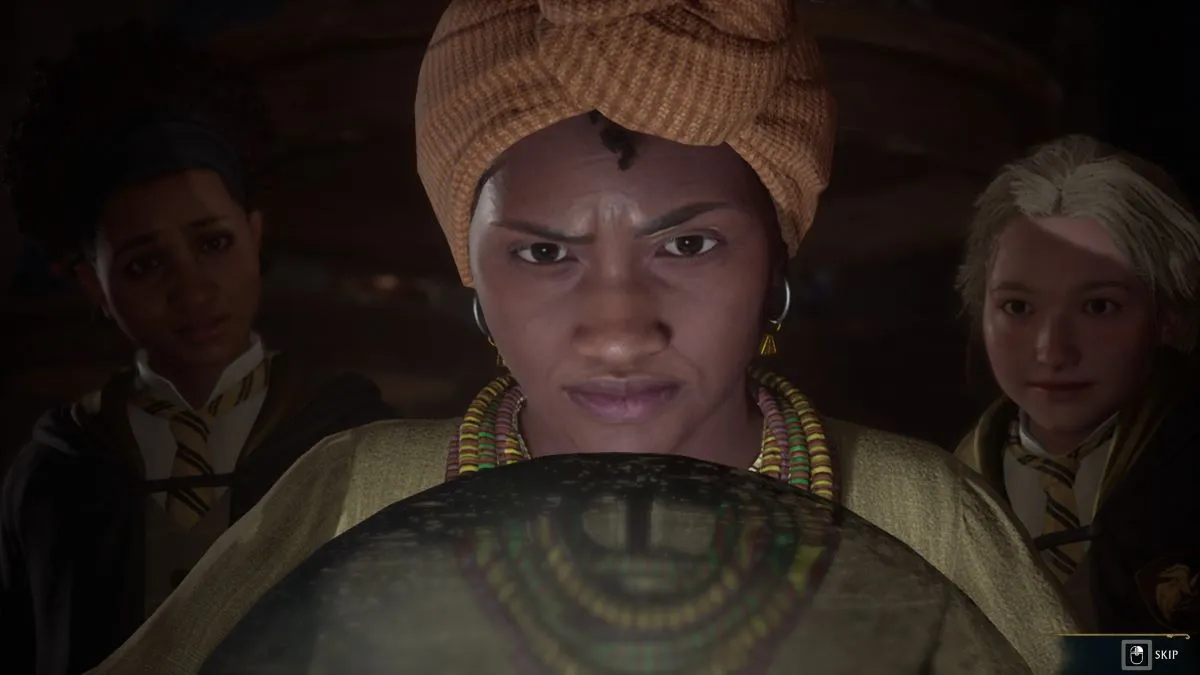
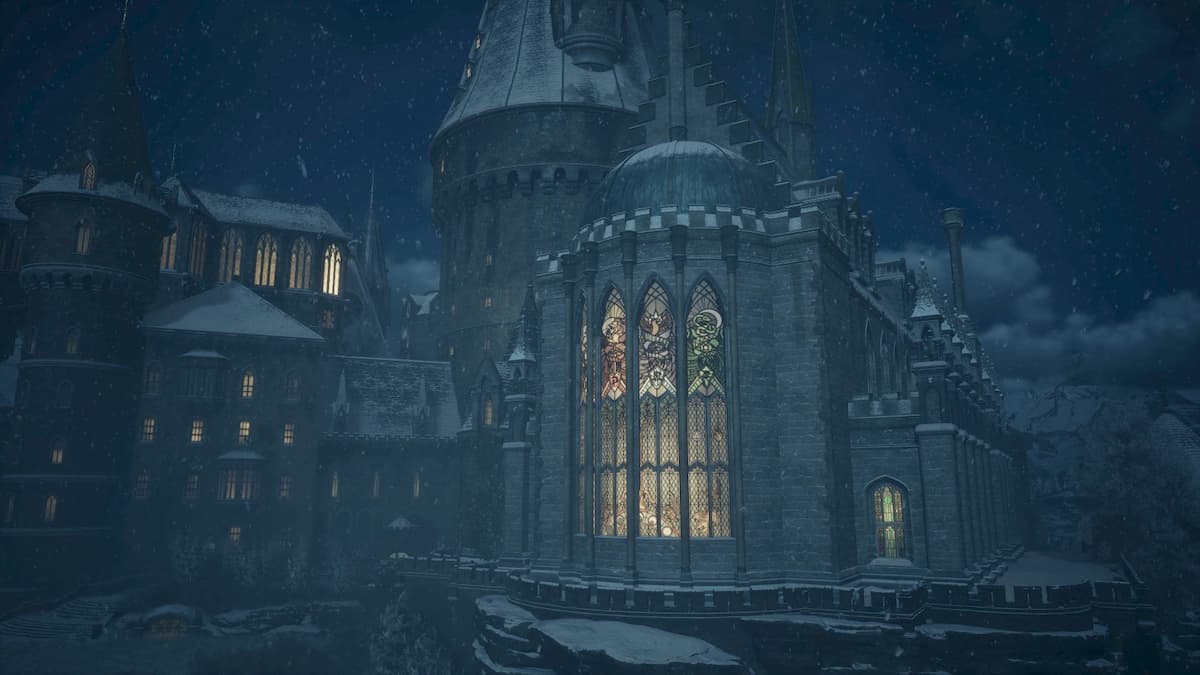
Published: Nov 29, 2016 3:26 PM UTC